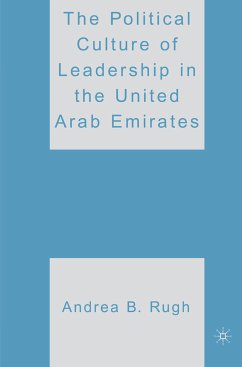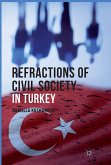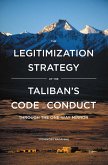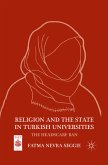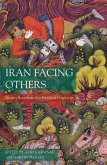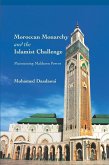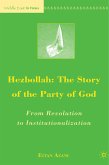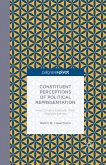Dieser Download kann aus rechtlichen Gründen nur mit Rechnungsadresse in A, B, BG, CY, CZ, D, DK, EW, E, FIN, F, GR, HR, H, IRL, I, LT, L, LR, M, NL, PL, P, R, S, SLO, SK ausgeliefert werden.
"Dr. Rugh s book fills a gap in the scholarship on the Gulf States by examining the cultural aspects of political leadership in the UAE. The uniquely personal governance in this region cannot be adequately described by the tools of comparative political systems. This book instead describes how the system really works, including the important role of local women and how marriage strategies cement family alliances. This is a key to at least a partial understanding of a fascinating political system that is racing into the 21st Century while holding on to familiar traditions. If only this book had been in my library when I was the US Ambassador to that country!" - Ambassador David L. Mack, Acting President, Middle East Institute
"Andrea B. Rugh s The Political Culture of Leadership in the United Arab Emirates will be the definitive work on the culture, society, and political traditions of the United Arab Emirates for decades to come. It is an important contribution to the understanding of not only one oil-rich and strategically vital part of the world, but also to the broader topics of tribalism in traditional societies, their transformation in modern times, andthe mixed legacy of the impact of the West on the rest of the world. With an exceptional attention to detail, a masterly command of both concrete information and comparative history, anthropology, and political culture, and a tact and sensitivity hard to equal when studying a foreign political culture, the author gives us a rare insight into the workings of the traditions, families, ways of life, and leadership of a region undergoing major transformation in the light of history, and under the scrutiny of a technologically superior, yet dependent world.This book is a must-read for both students of, and experts on, the Middle East." - Leila Fawaz, Issam M. Fares Professor of Lebanese and Eastern Mediterranean Studies, Tufts University

